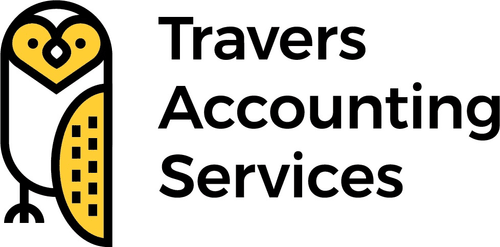VAT Registration – What Every Business Needs to know

VAT..The letters than can strike the fear of God into business owners. Value Added Tax, a complex subject. I will endeavour to simplify the if, when and how of registering your business for VAT.
Do I Have to Register My Business for VAT?
• Step 1 – Is the business making VATable supplies of goods or services? If the answer is YES you MAY register your business for VAT (depending on other factors explained further along). If the answer is NO, as in the business is making ONLY VAT-exempt supplies of goods or services (examples include medical services, childcare and educational activities, insurance services) it will not be ENTITLED to register for VAT. (A caveat to this is that VAT-Exempt Suppliers may be required to register for VAT in respect of acquisitions of goods and services from abroad).
When Do I Have to Register My Business for VAT?
• Step 2 – You must consider what you expect the Turnover (Sales) to be in your business over a 12 month period. There are certain thresholds which must be considered in the context of the answer to this question as follows:
Supplies of Services – Turnover Threshold of €37,500 (Exclusive of VAT)
Supplies of Goods – Turnover Threshold of €75,000 (Exclusive of VAT)
Supplies of Goods & Services (where 90% of turnover is generated by Supplies of Goods) – Turnover Threshold of €75,000 (Exclusive of VAT)
• Step 3 – If there is a possibility that within a 12 month period the Turnover in your business will breach either threshold (whichever is relevant to your business), then you MUST register for VAT.
• Step 4 – If there is not the possibility that your business will breach the relevant threshold you still have the option to CHOOSE to register for VAT.
• Step 5 – Decide if choosing to register for VAT is the correct option for your business. When would this ever be the case? When you have a significant amount of input VAT (VAT that your business has paid to suppliers) which cannot be reclaimed unless your business is VAT-registered.
• WARNING – The most important thing to consider when deciding to voluntarily register for VAT is whether or not your customers are VAT-registered. If they are, they will be able to reclaim the VAT that you charge them. If they are not, they are the end consumer in the chain, and therefore they CANNOT reclaim the VAT, and it is an irrecoverable COST to them. In very practical terms this could pitch your prices at an unattractive level when compared to your competitors who are not VAT-registered, and who are not therefore obliged to charge VAT on sales.
How Do I Register for VAT?
• Step 6 – Register your business for VAT through ROS (Revenue’s Online Services). TR1 Registration Form is for individuals, sole traders, trusts and partnerships. TR2 Registration Form is for limited companies.
• Step 7 – Follow Up! It is advisable to contact Revenue if you do not receive notification of your VAT registration within a reasonable period of time (approximately 30 days).
In summary it is the responsibility of every business owner to be aware of their obligations where VAT is concerned. In terms of Exchequer Receipts in 2020 VAT is ranked No. 2 with €12.4 billion collected, second only to Income Tax.
It is therefore very much on Revenue’s radar when it comes to Revenue audits and the consequences of getting things wrong could be extremely costly for your business. Therefore, it is always advisable to consult with your accountant or suitably qualified tax professional for guidance on all matters related to VAT and other taxes.
